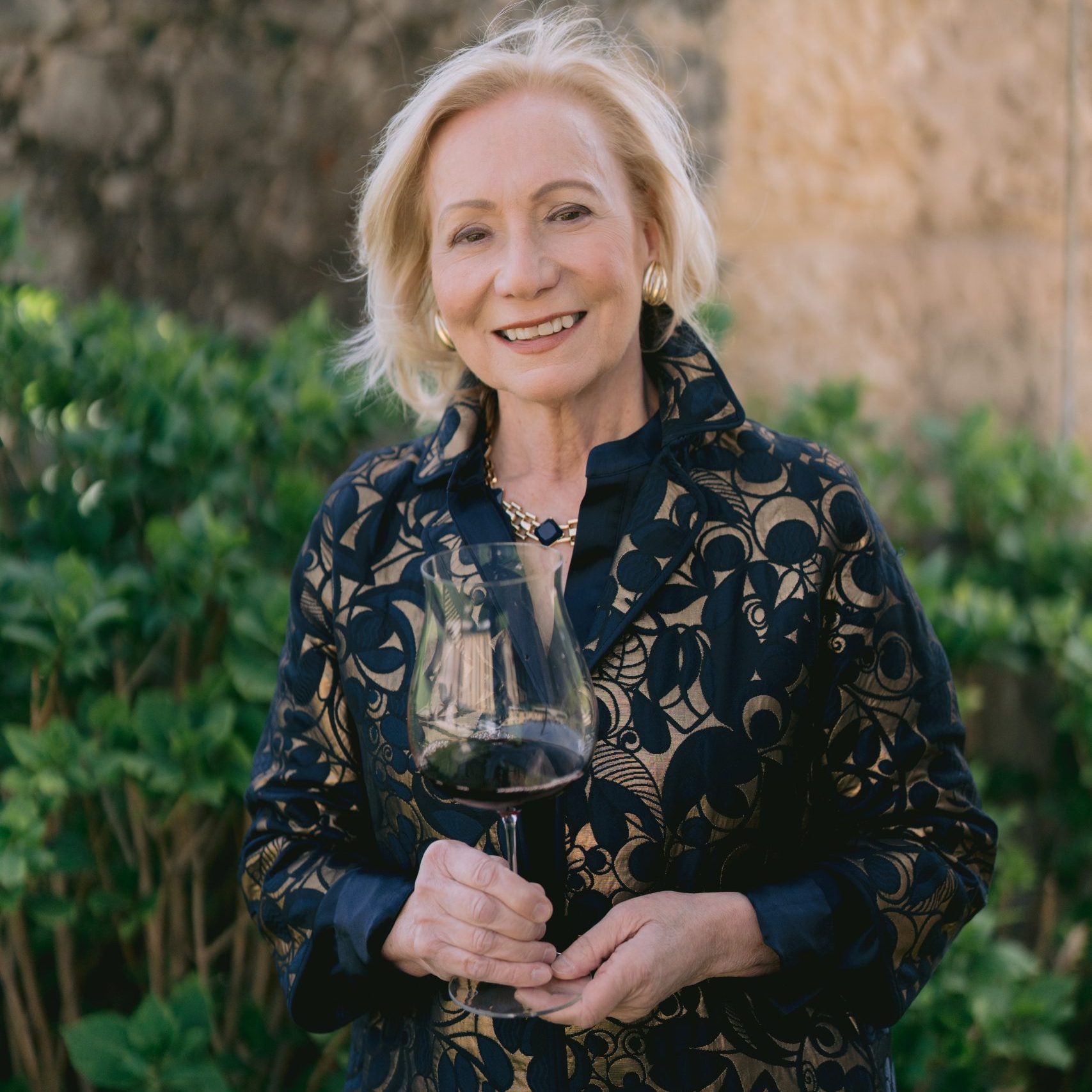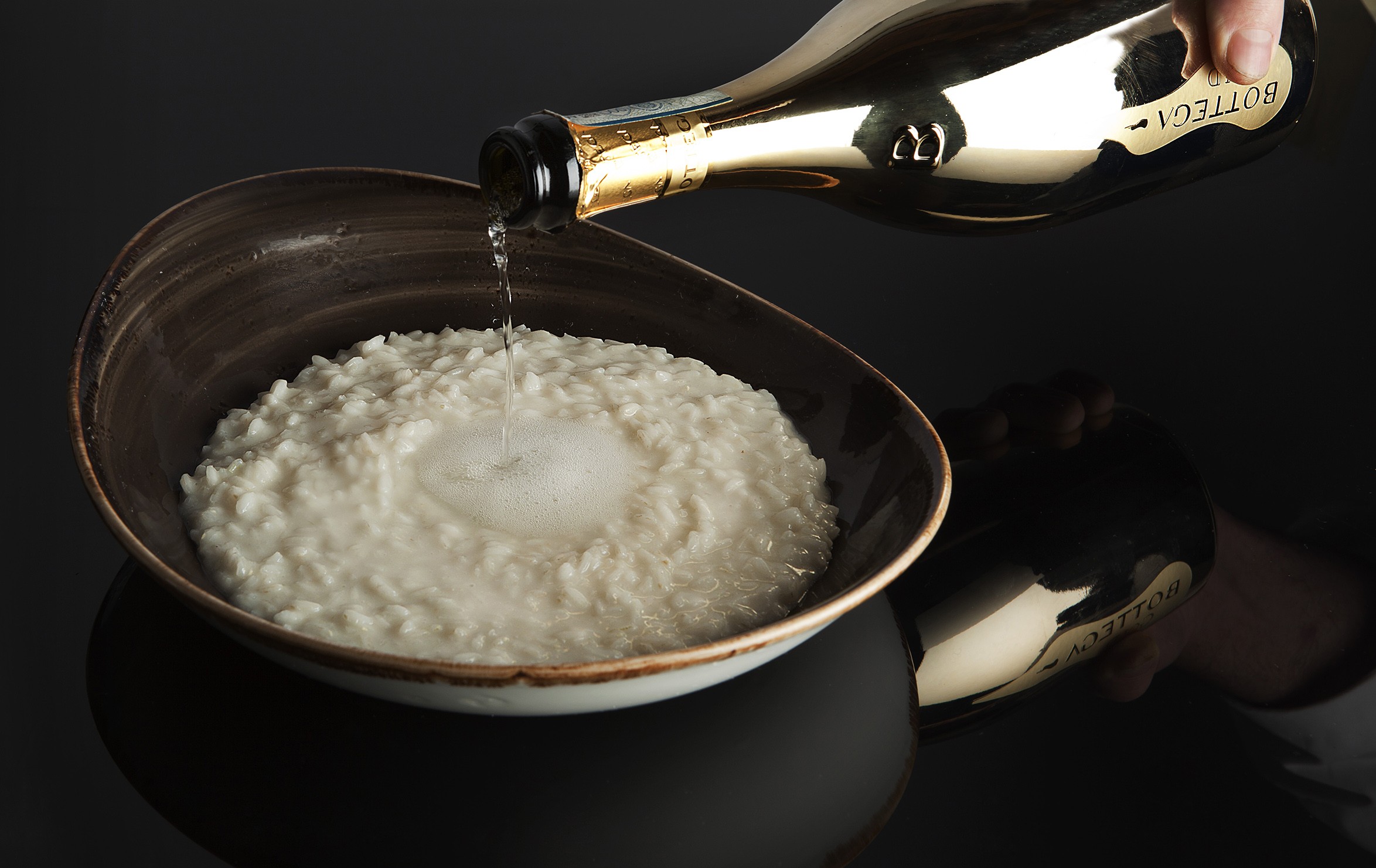English winery trials golf course grass to boost sustainability
The Grange wine estate in Hampshire is conducting trials of grass more commonly found on a golf course to improve soil health and reduce under-row cultivation.
Speaking to the drinks business, managing partner Zam Baring said creating ground cover in the vineyard was very important. The Grange already uses a wildflower mix as a cover crop in the vineyard alleys, but now wants plant in the area underneath the vines.
“The soils work better if they have roots and plants in them and a healthy cover of vegetation,” Baring said. “It prevents erosion and holds everything together. It’s better for the biome: there are more bugs and more organic material.”
Vineyard manager Phil Norman explained how the estate was conducting trials using 20 rows of its vines. After an initial and unsuccessful trial using a herb-rich meadow grass mix which resulted in “overdominance”, the vineyard’s consultant Peter Hayes suggested they use Michigan bluegrass, a variety which is used on golf course fairways.
“Earlier this year we trialled 20 rows, sowing smooth-stalked bluegrass and we’ve allowed it to creep under the vines,” Norman said. “The idea is to adapt our under-vine cultivator to carry strimmer/mower head attachments instead. With a front-mounted mower on the tractor all we will need to do is cut the grass.”
Norman said he hopes to extend the trial and sow a mixture of different seeds, including some clover varieties, to increase the microbial and nitrogen content in the soil and decrease the passes through the vineyard.
The Grange was one of the first wineries to be certified sustainable as part of a new scheme announced by WineGB. Wineries that achieve certification under the Sustainable Wines of Great Britain (SWGB) scheme must adhere to a set of guidelines, which detail best practices, set minimum standards and list prohibited practices.
While Baring said the winery was not “fully organic”, he said it would try and get as “close as we can”.
The Grange also brings sheep into the vineyard, continuing a practice that has been carried out in the area since the 17th century. “They do a fantastic job of tidying everything up, keeping the grass and weeds low, and also fertilising the land,” Baring said.
Partner Content
New winery
Baring told db that The Grange will start building its own winery next year. With a capacity of 200 tonnes, the team also hopes to offer contract winemaking services.
“It strikes me that there’s demand for this,” Baring said. “While there are new wineries springing up, it’s slightly lagging behind the level of demand. While I don’t think the yields achieved in 2018 will be repeated any time soon, a lot of people have planted vines since then.”
Once a winemaking team is in place, The Grange hopes to expand its offering to include still wine. Its sparkling wines are currently made under contract by Hattingley Valley.
“We believe quality of our grapes is good enough to warrant bringing production in-house,” Baring said. “But we need to make sure we have the right winemaking team, so we can replicate the brilliant job that Emma Rice (head winemaker at Hattingley) has done with our wine.”
“I think still wine is going to be a vital part of the UK business,” he added. “When you put it in a bottle, you can put it on a shelf rather than leaving it in the dark for three years! It’s a much more straightforward preposition in that sense.”




